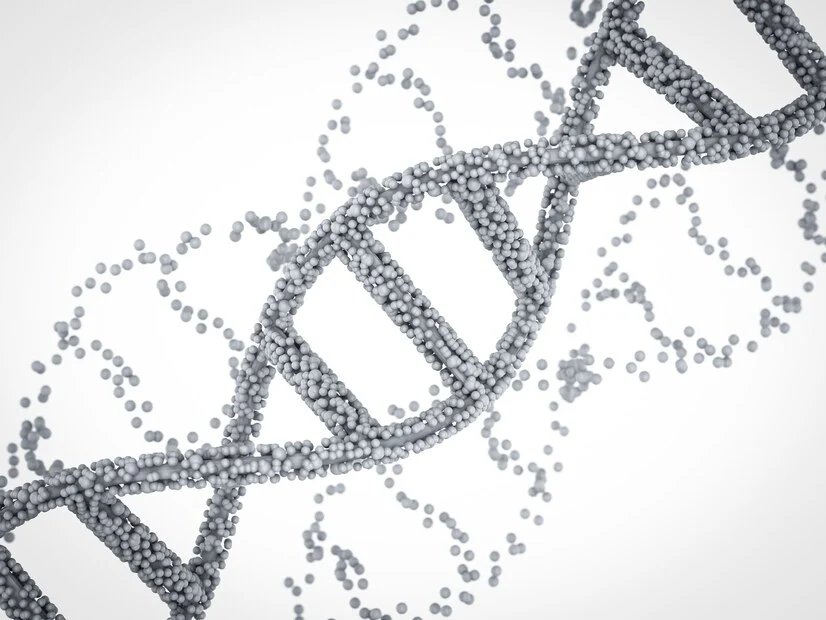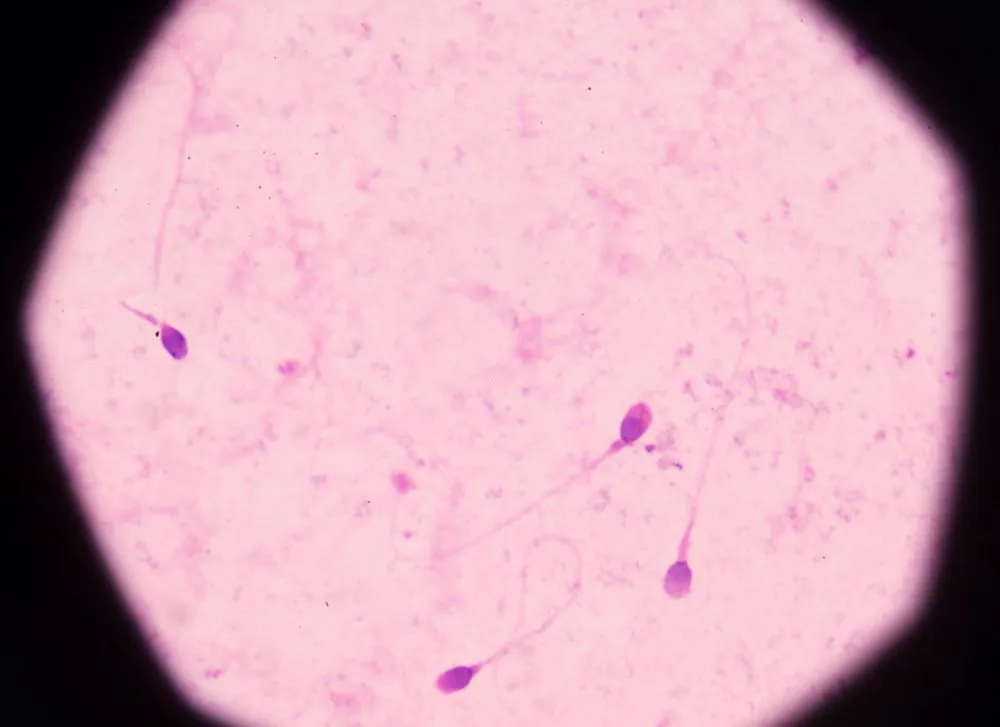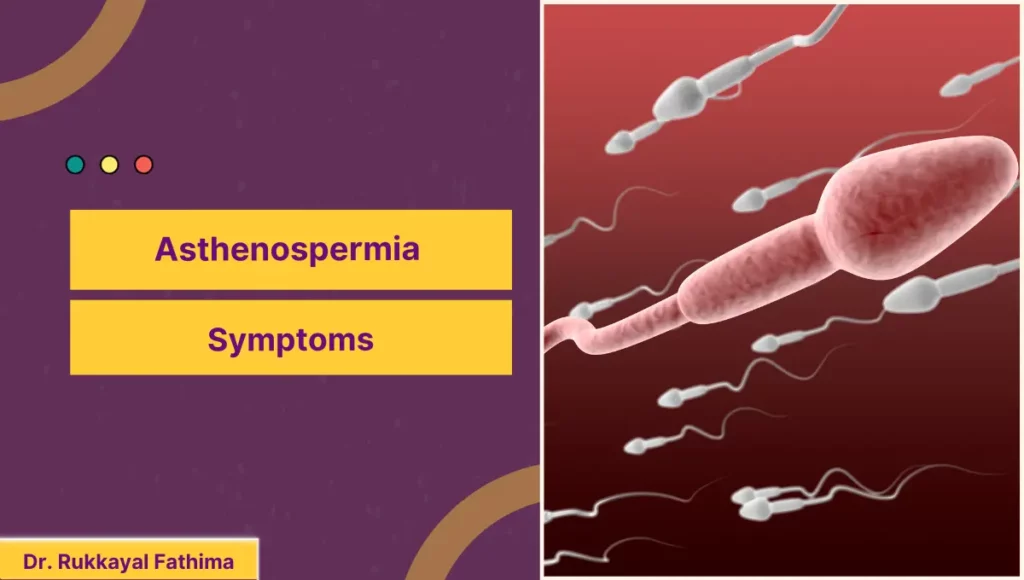Like women, men also have fertility problems. Most of their fertility issues are associated with the sperm’s volume, motility (movement), and morphology (shape).
Asthenozoospermia is a male fertility issue where he has high amounts of immotile sperm in the semen. Doctors generally consider a semen sample with a motility rate of less than 32% to have asthenozoospermia.
So, what causes asthenozoospermia, and how can one diagnose the condition? Continue reading to find out more about the condition.
What are the Symptoms Of Asthenozoospermia?
Asthenospermia can be a serious male fertility issue because sperm must swim through the uterus to reach the egg for fertilization. If the sperm are immotile, it won’t be able to swim and reach the egg, thus making it difficult to get pregnant.
Asthenozoospermia won’t affect a man’s health or body condition in any way. So, there won’t be any outward symptoms to identify the condition. The inability to get pregnant even after trying for a long time may be one of the symptoms.
Men should take a semen analysis to identify if they have asthenozoospermia. The analysis will show them if they have sperm with low motility.
Causes of Asthenozoospermia
There are many factors that are associated with causing asthenozoospermia. Below are some of the major factors.
DNA Fragmentation

DNA fragmentation or DNA damage is one of the causes of low sperm motility. Studies have found that fertile men have lower DNA fragmentation than men diagnosed with asthenozoospermia.
Necrozoospermia

Necrozoospermia is a condition where there are very low amounts of living sperm in the semen sample. The small amounts of living sperm might also not have good motility.
Congenital metabolic disorders
Congenital metabolic disorders are diseases or health conditions caused due to genetic issues. These issues affect the body’s metabolic activities. Some genetic disorders can affect the quality and motility of sperm and cause fertility issues.
Excessive smoking

Smoking is one of the main factors that affect sperm motility. This is especially true for men who smoke more than ten cigarettes daily. Doctors usually suggest men and women quit smoking at least three months before undergoing fertility treatments like IVF and IUI.
Exposure to harmful chemicals
Exposure to toxic chemicals such as chemical solvents, fertilizers, and other heavy metals can also affect sperm motility.
Infections
Urinary tract infections (UTIs) can spread the bacteria to the reproductive organs and lower the sperm count and motility.
How is Asthenozoospermia Diagnosed?
Men can’t know if they have asthenozoospermia unless they visit a fertility doctor and undergo a semen analysis. In a semen analysis, the doctors determine the quality of the sperm based on three factors,
- Sperm volume (count),
- Sperm motility (movement), and
- Sperm morphology (shape).
If the motility rate of the sperm is less than 32%, then the semen sample is considered to have asthenozoospermia. Doctors will assess the severity of the condition and suggest treatment options that suit them best.
Conclusion
Asthenozoospermia is one of the major reasons why couples can’t get pregnant even after several months of trying. It is also one of the main causes of male infertility.
But men don’t need to worry too much about the issue. As long as they diagnose the issue and undergo the necessary treatment methods, they can eventually rectify the situation and become fathers.
Men with mild asthenozoospermia can alter their condition with medication and some lifestyle modifications. If the condition is severe, they can opt for artificial reproductive techniques (ARTs) like IUI, IVF, ICSI, etc.
Though the chances are very low for men with asthenozoospermia, there are chances of natural pregnancy. This is possible when men have mild cases of asthenozoospermia and there are at least some sperm that are healthy and can travel to the fallopian tube to fertilize the eggs.
Yes, asthenozoospermia can be passed through the family. Though chances are rare, men might have low sperm motility due to genetic disorders.





